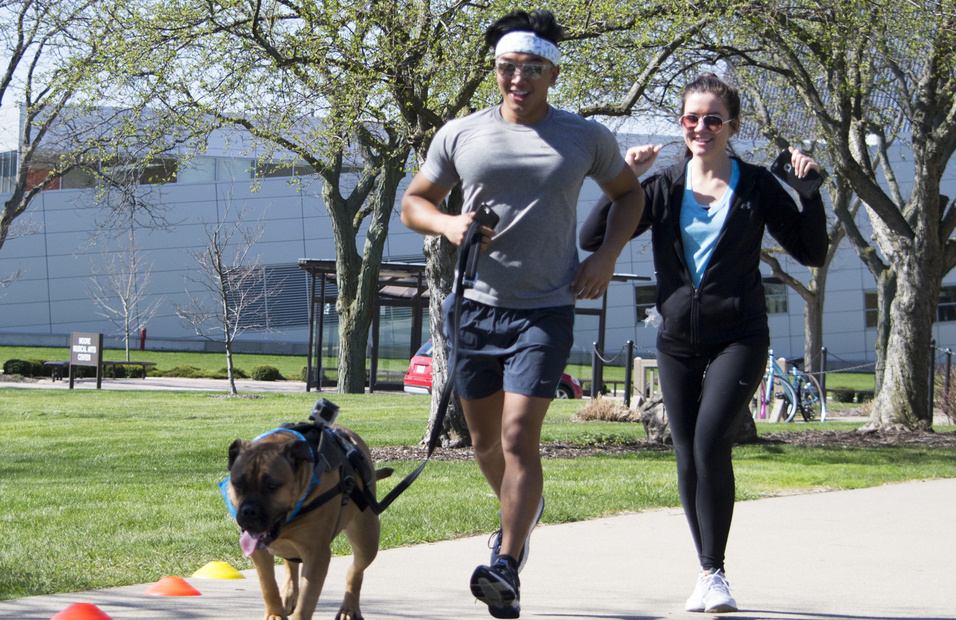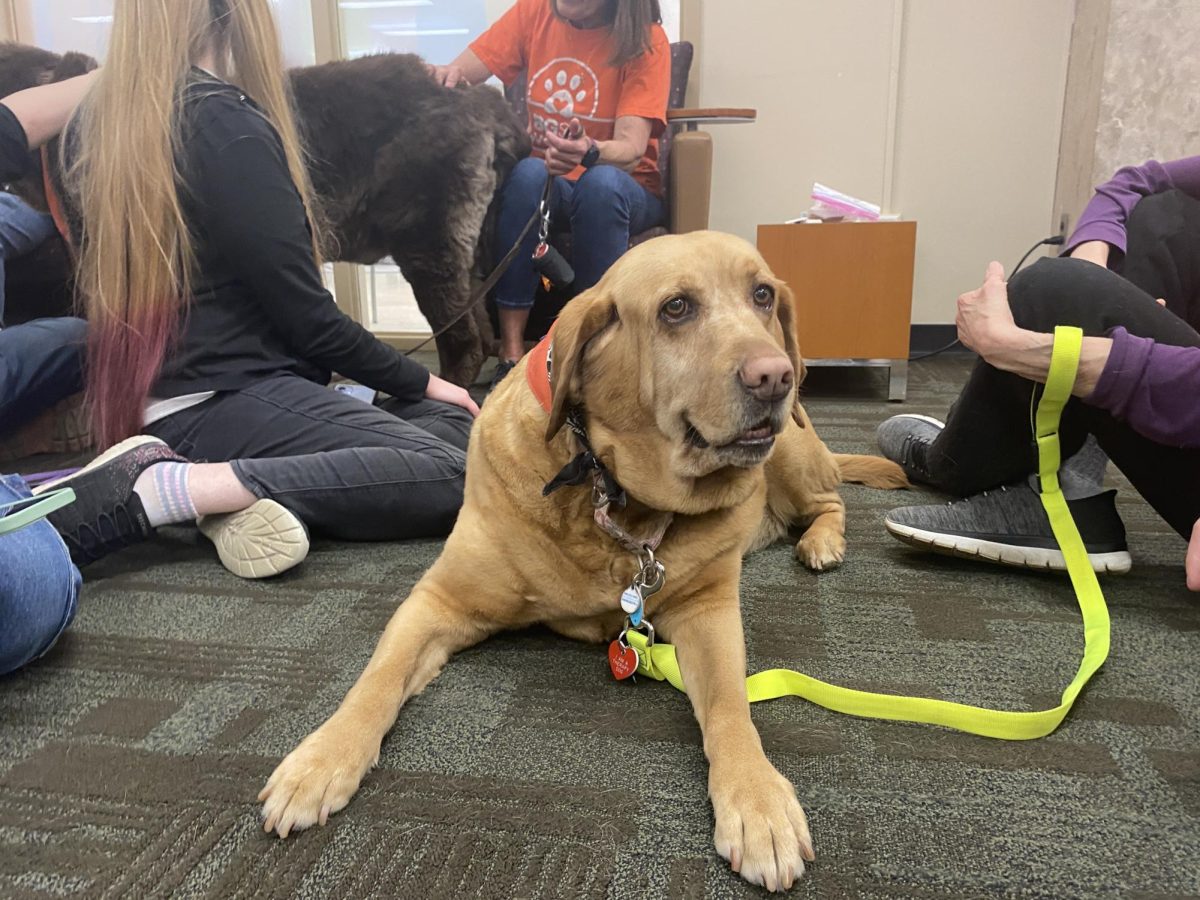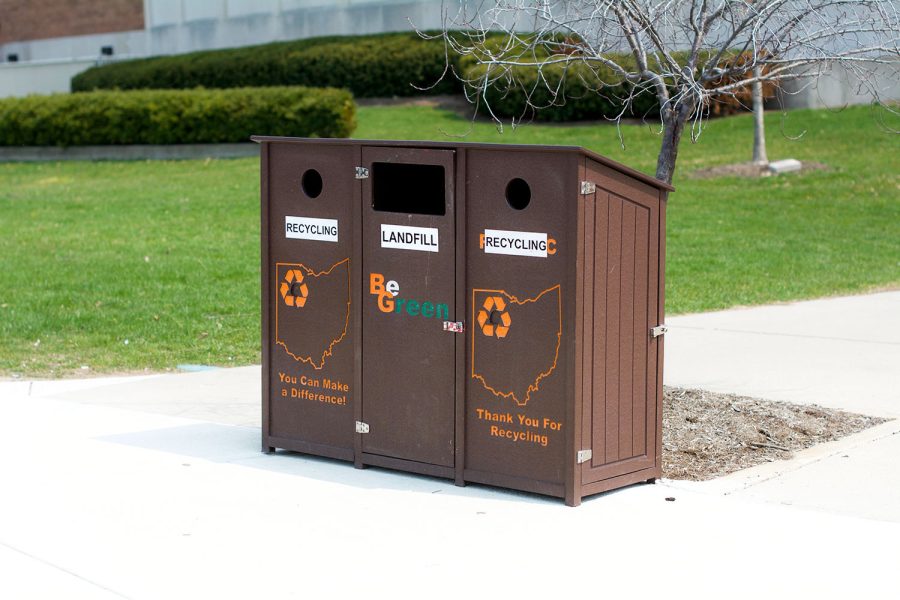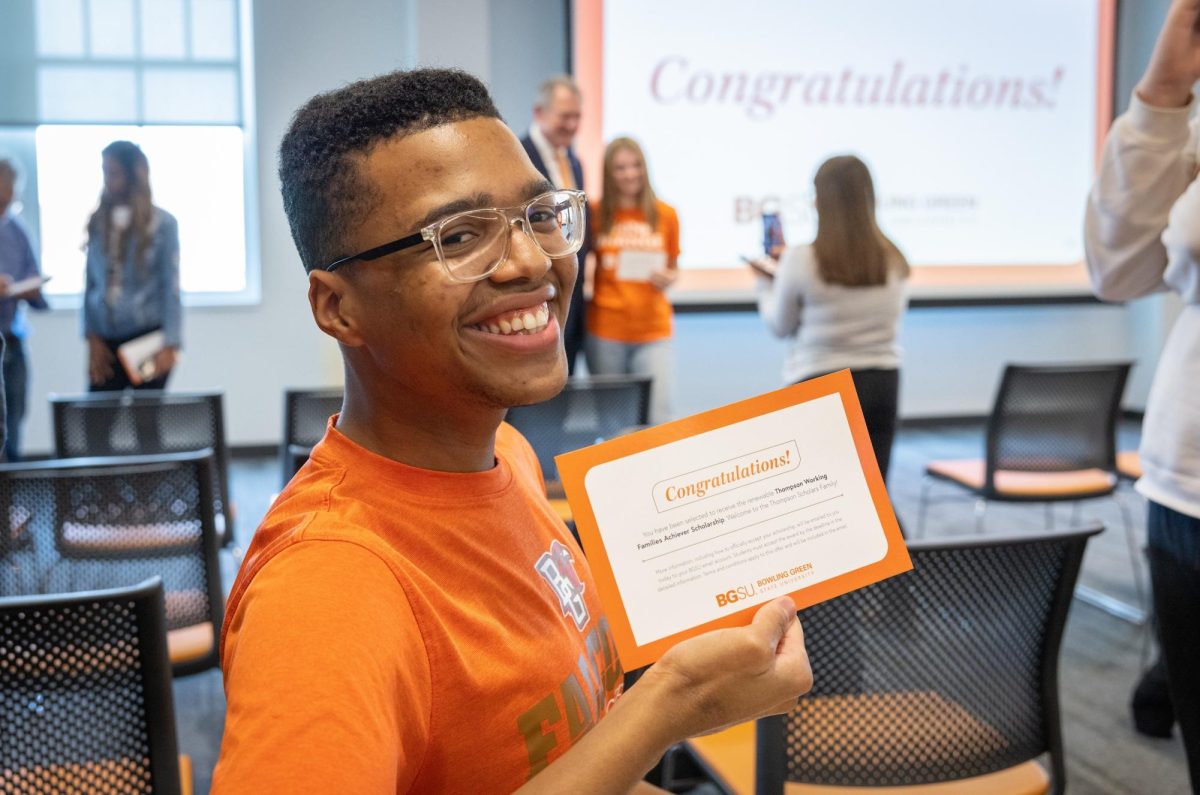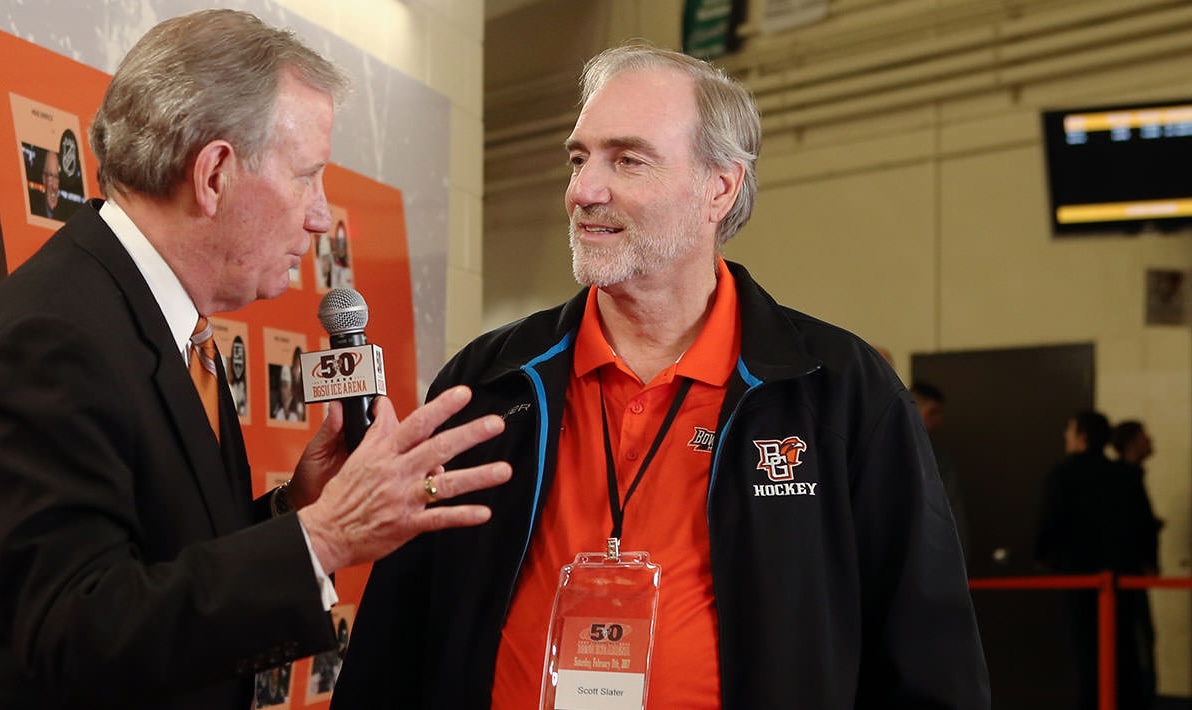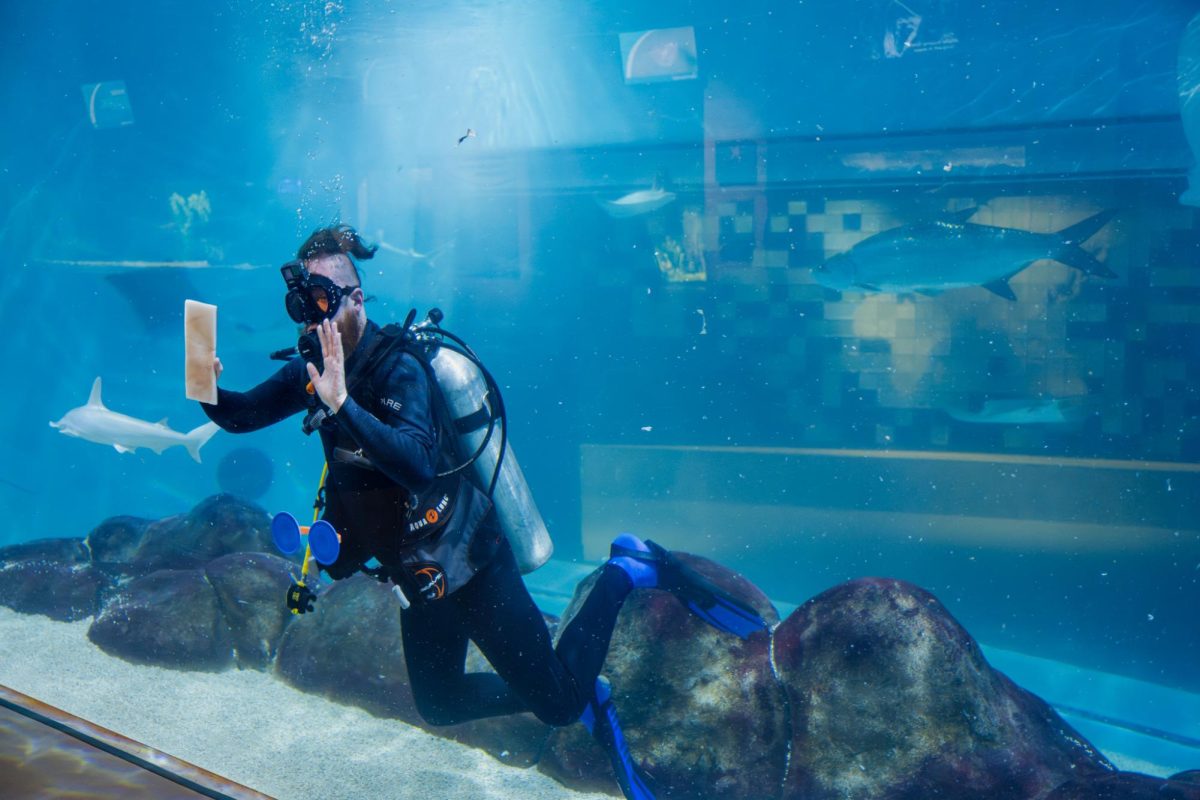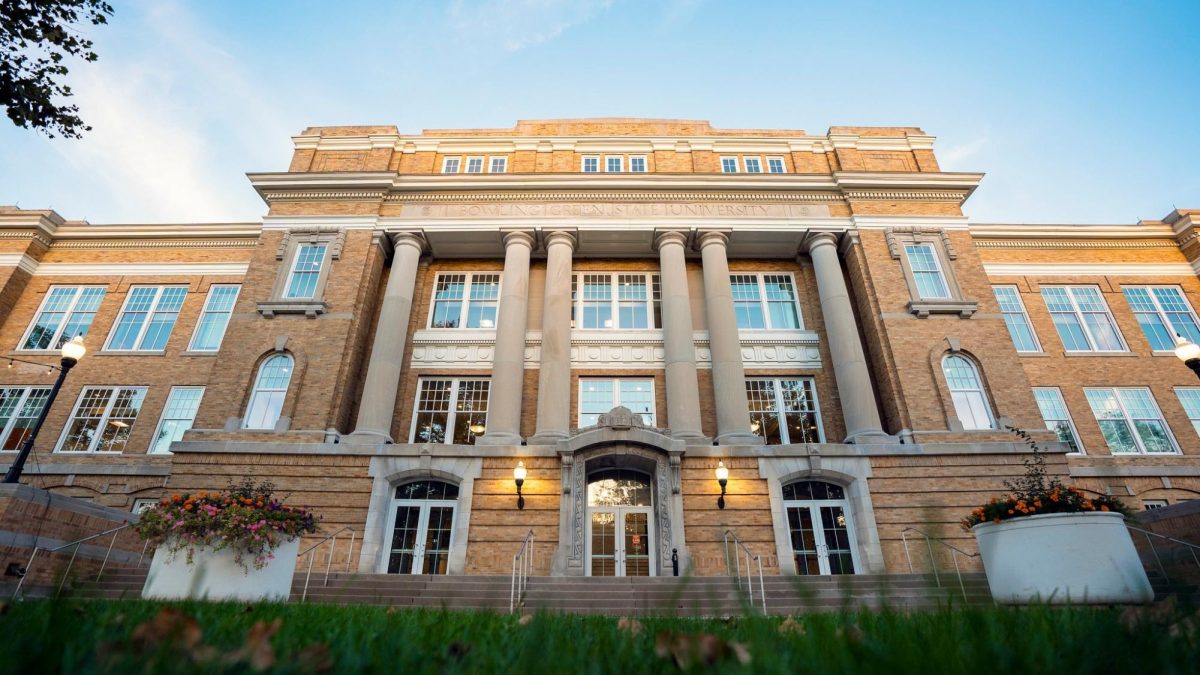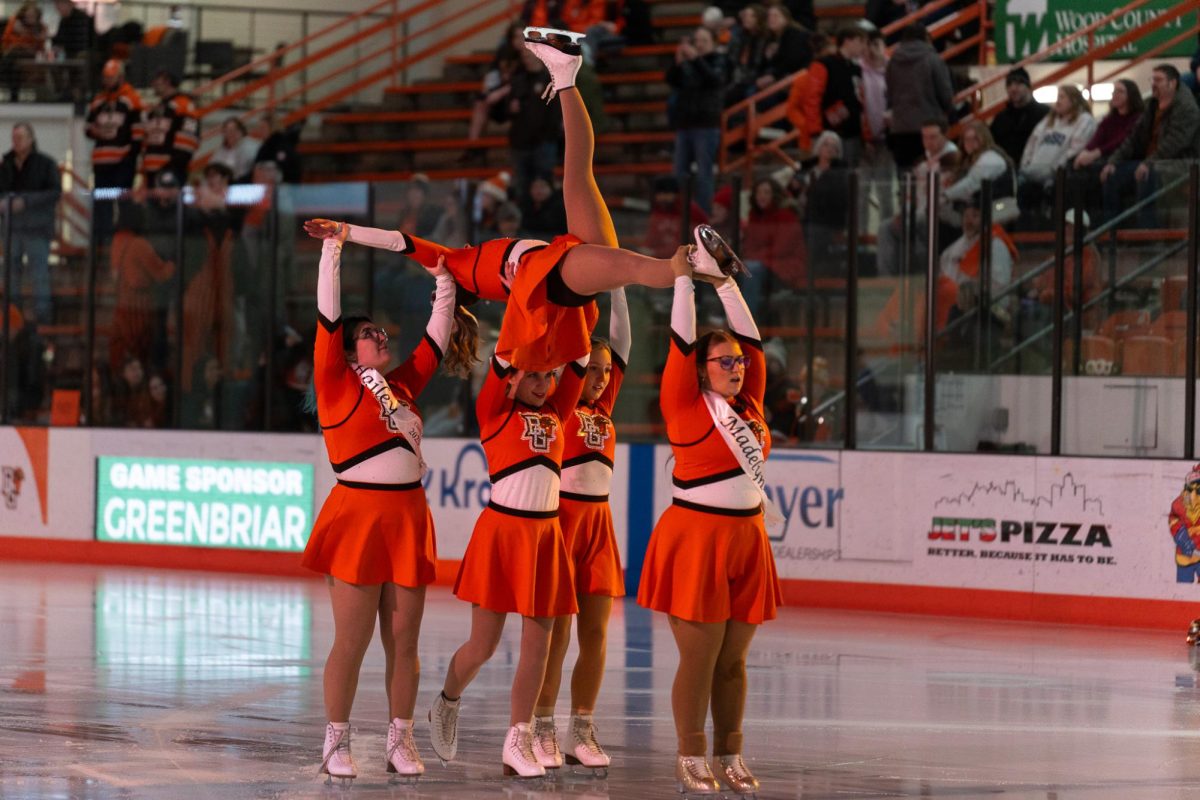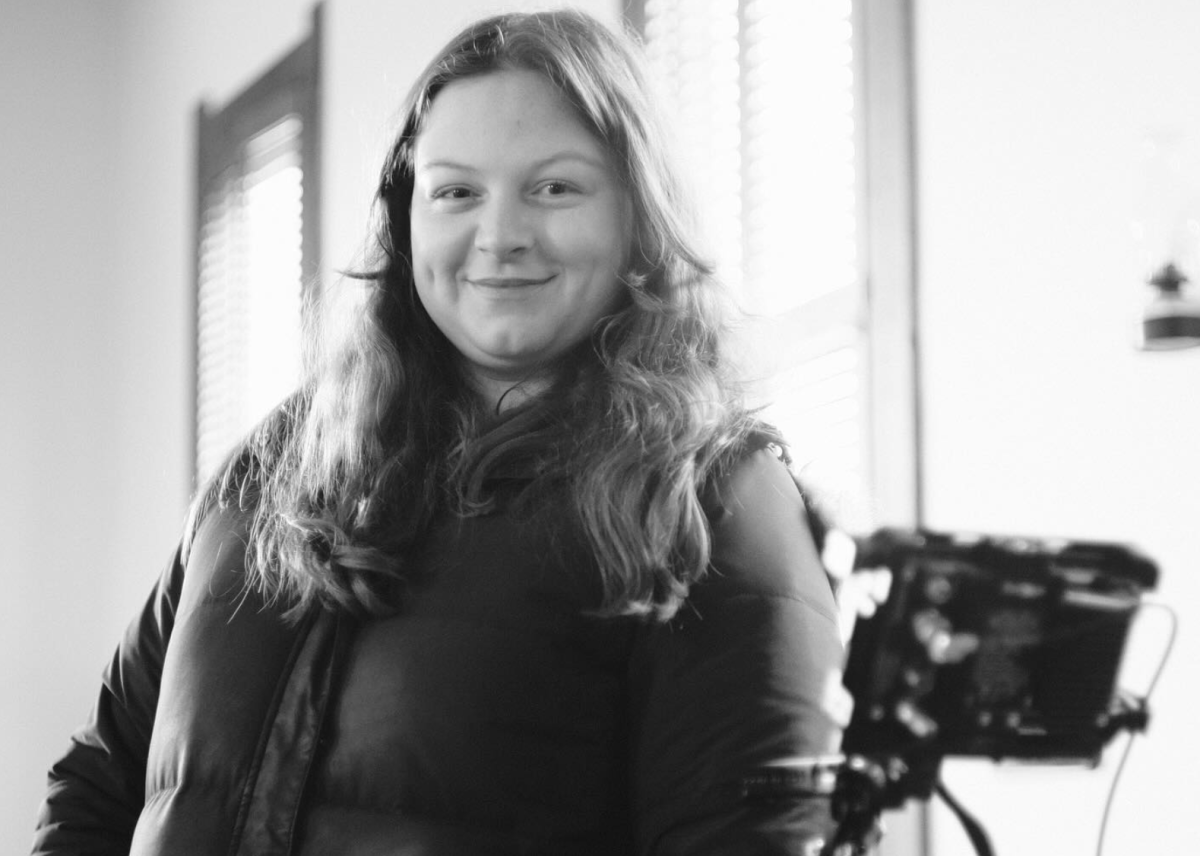There are policies and procedures the University has to follow before closing for extreme weather conditions.
Snow emergencies can cause universities to cancel, delay classes or postpone campus activities.
“As some people would say, the process is a long process but it’s pretty straight forward to me.” said Captain of University police Michael Campbell.
Canceling classes is discussed amongst President Mazey, faculty and the University Chief of Police, Monica Moll.
The sheriff pronounces the road conditions and weather level to Moll so she can provide the information to the Faculty and President.
“We try to get the final decision of closing the campus or going on a delay by 6am,” said David Kielmeyer, Senior Director of communications. “It could be anytime in the morning or middle of the night that we are trying to make a decision.”
Instead of it being a one-person decision, president Mazey makes it a group decision, to work together as a team.
“President Mazey gets advice or recommendations from the chief and faculty before she makes her final decision,” said Kielmeyer.
Once the decision is made to delay or cancel classes, there are communication methods they have to use to get the word out.
“What we do is we send out BGSU text alerts to the students and faculty, who sends out emails. Then we post on the homepage and make calls to the local media,” said Campbell.
As far as the procedures go, University of Toledo has to follow the same process.
“Every University has almost the same procedures they have to follow,” said Jeff Newton, director of public safety and chief of police at Toledo University. “We all have communication within the sheriff, faculty and President, but the President does make the final decision.”
Even though the classes may be canceled or delayed, staff and employees still have to go to work.
“Unless it is through their direct supervisor that they do not have to go into work, they are still expected to come in to do their job,” said Campbell.
Although they campus may close, the health center must remain open.
“We usually do not close if the emergency level is level one or two, but if the emergency level is three, then we have a small staff that lives in the area come in,” said Deb Busdecker, director of community and business outreach for Wood County Hospital and the Falcon Heath Center.
Officers are expected to be to work no matter what the emergency circumstances are.
“Its part of our job; we are expected to work at all difficult circumstances with no problem,” said Newton. “This is what we signed up for, its what we love and enjoy doing.”



